
Gum disease can cause serious problems for both the teeth and the gums. Two of the most commonly seen gum diseases are periodontitis and gingivitis. Peridontitis can be quite severe and will affect not just the gums, but also the periodontal ligament and the alveolar bone. It can also cause gaps in the teeth. Gum disease normally results from a buildup of plaque, and can lead to red, inflamed and bleeding gums.
ANUG
Acute necrotising ulcerative gingivitis, formerly known as trench mouth, is a bacterial gum infection. It can lead to ulcers and swelling. The condition normally manifests in those who are malnourished, or who have a weak immune system. ANUG usually occurs as a result of improper treatment of a more mild gum disease.
Treatment and prevention
Treatment is normally successful in the case of a mild infection. The approach to treatment includes proper, twice-daily brushing of the teeth, as well as tri-weekly flossing. If not addressed properly, gum disease can lead to complications including loss of teeth and rotten gums.
Brushing should last about two to three minutes each time, and the toothpaste used should contain fluoride. Make sure to floss regularly, and if possible, avoid smoking. See your dentist regularly if you can, as he or she will be able to provide sound advice.
There is some debate as to the effectiveness of antiseptic mouthwashes. Mouthwash might be recommended by your dentist, if it serves to combat plaque build up. Make sure that you are using the right type of mouthwash. For example, chlorhexidine mouthwash will not be suitable for pregnant or breastfeeding women. This type of mouthwash can also lead to staining of the teeth. The most efficient type of mouthwashes are ones that contain hydrogen peroxide. If you are using mouthwash, make sure to rinse the mouth well in between brushing the teeth and taking the mouthwash, as toothpaste contains ingredients that might reduce the efficiency of the mouthwash.
Treatment for ANUG might involve the use of metronidazole or amoxicillin antibiotics. The course of antibiotics will usually last three days. Metronazidole can have negative reactions with alcohol, while amoxicillin is inappropriate for use in those who suffer from penicillin allergy. Additionally, avoid using an electric toothbrush if you have ANUG, as this can cause added pain.
Some people might require the use of painkillers. The most regularly employed painkillers in this area are ibuprofen and paracetamol. These painkillers can help with pain reduction, but are not suitable for everyone, especially those under the age of 16.


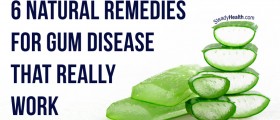
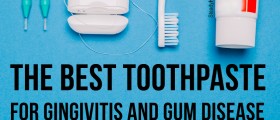
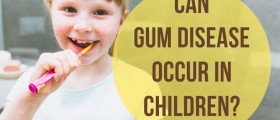

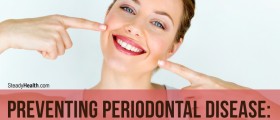
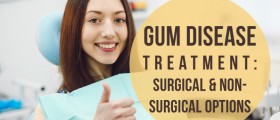
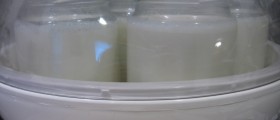
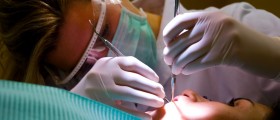
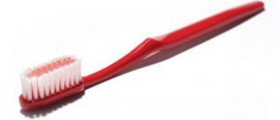

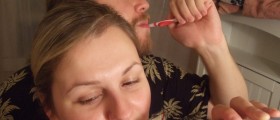

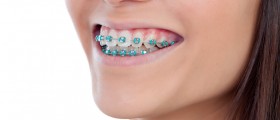
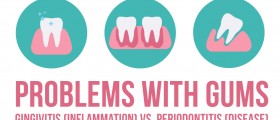
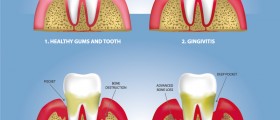
Your thoughts on this
Loading...